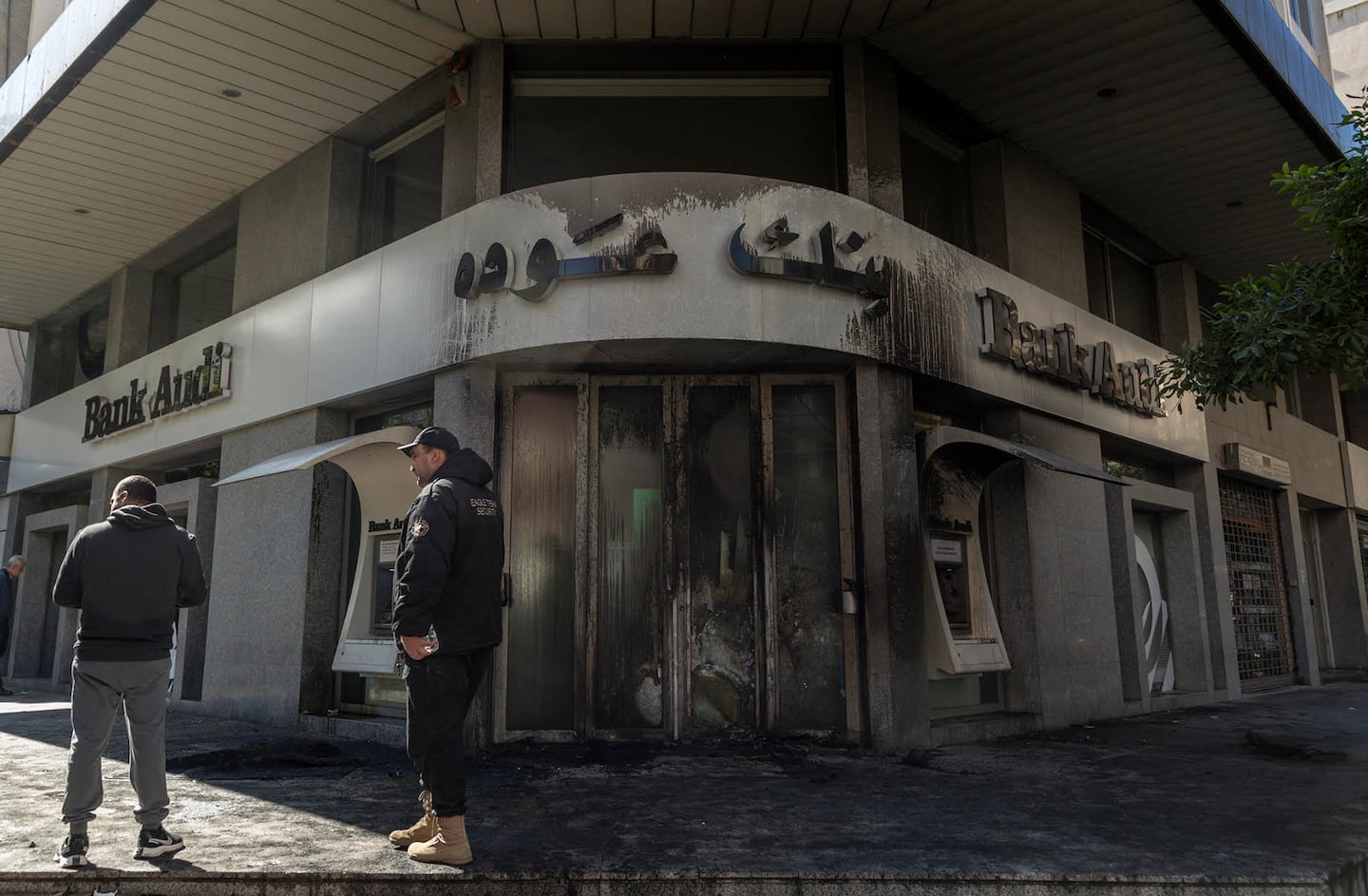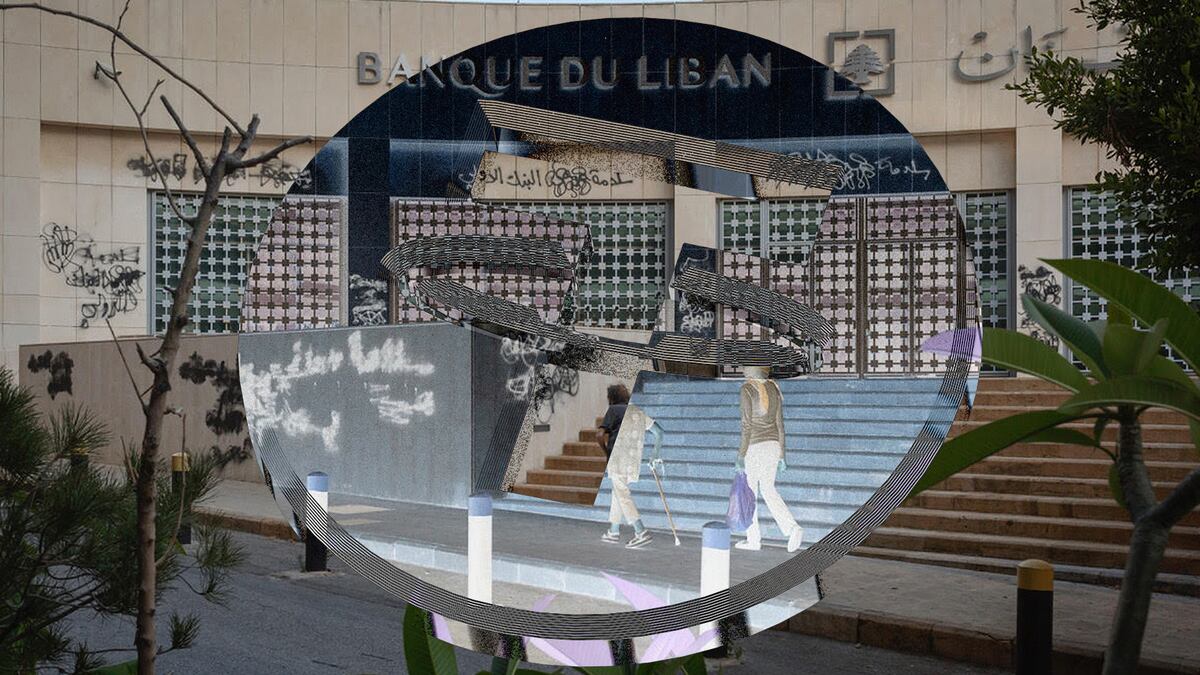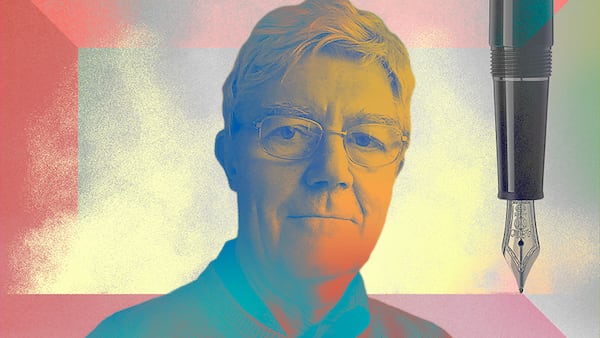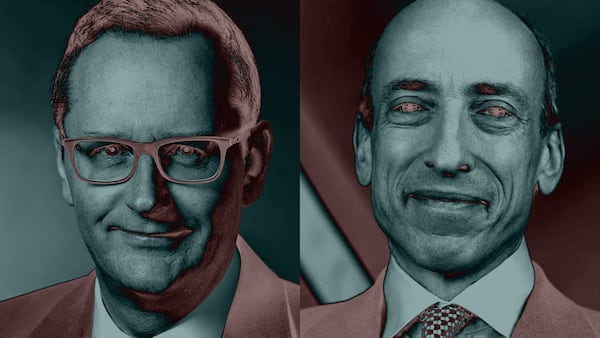On a warm afternoon last June, Adnan Rihani packed $170,000 into a bag, climbed onto his scooter, and set off into the Beirut rush hour. A cryptocurrency broker, Rihani was delivering the cash to a new client, a businessman eager to sell an equivalent amount of USDT, the stablecoin issued by Tether.
But the deal was a trap.
Somewhere on his route a white van cut off Rihani. Before he knew what was happening, seven masked men jumped out and surrounded him, yelling and brandishing guns in his face. Rihani told DL News he didn’t put up a struggle and a moment later the van, the men, and the money were gone.
The heist illustrates the strange confluence of crypto, a state in shambles and a failed banking system. Lebanon is a country familiar with crisis, but since late 2019 it has been gripped by one of the worst economic collapses in modern history. Searching for ways to insulate themselves from the financial devastation it has brought about, many Lebanese have started using cryptocurrencies.
NOW READ: The rise and fall of Terra founder Do Kwon
‘Using USDT is not like actually using crypto’
Cut off from exchanges that will not accept payment from Lebanese banks, they turn to a sprawling ecosystem of over the counter brokers like Rihani who provide fiat-crypto on and off-ramps. This network spans the gamut of reliability, from offices conducting full know-your-customer checks, to deals done by couriers ferrying millions of dollars across the country in backpacks.
It’s a development that shows both the utility and the limitations of cryptocurrency in fragile economies. It provides the Lebanese with a fast and cheap way of moving money, but they still have to purchase it using physical cash. This puts Rihani and his colleagues in high demand.
The opening chapters of the Lebanese collapse coincided with the 2020 crypto bull market and the hype that accompanied it. Lebanon has a tech-savvy population with a strong culture of entrepreneurship so it was not long before cryptocurrency use gained traction. Some investors managed to recoup money they lost in frozen bank accounts by pocketing gains as crypto hit record highs in the autumn of 2021. Others stayed in too long and lost what they had left in the subsequent bear market.
As the bear market dragged on, speculative interest gave way to significant and growing use of stablecoins, in particular Tether’s USDT. In a country where the national currency pumps and dumps like a low-cap altcoin, stablecoins are useful precisely because they’re stable. Many Lebanese draw a firm distinction between stablecoins and the rest of crypto.
“Using USDT is not like actually using crypto — it’s a payment method,” Nader Dirany, co-founder of OTC exchange Buy Bitcoin Lebanon, told DL News.
NOW READ: North Korea accelerates nuclear missile programme with ‘treasure sword’ — $1.7bn from crypto heists
Rihani’s clients tend to be older and wealthier individuals who were not previously familiar with cryptocurrency. Their reliance on stablecoins does not always translate into enthusiasm for the industry as a whole.
“They don’t trust crypto but they really like using it to move their money,” the broker said. He shares their scepticism: “I’ve never invested anything in crypto, it’s far too volatile.”
Brokering transactions is pretty straightforward. Somebody wishing to purchase crypto can take banknotes to a broker who will then send USDT to their wallet in return, taking a fee of between 0.5% and 5%. The process is simply reversed to exchange USDT into dollars or other fiat currencies.

$20m in transactions every month
There is no legal framework for cryptocurrency in Lebanon. Due to this lack of regulatory clarity, as well as security concerns, many higher-level OTC suppliers keep a low profile. The informality and discretion of the system means that definitive figures are all but impossible to come by.
Despite this, interviews with individuals involved in the industry reveal economically significant volumes in a country whose annual GDP has shrunk 50% in the last three years to just $21 billion.
In a conversation heard by DL News, a top-tier supplier of USDT told Dirany he was processing about $20 million in transactions every month. The dealer, who wanted to remain anonymous, said eight to ten other individuals were handling similar volumes.
Mario Awad, a mid-level supplier based in Byblos, a town north of Beirut, said he prefers to avoid larger transactions. “The commission is too low and the risk is too high,” he said.
NOW READ: Recovering scammed assets should be easier with blockchain data but it’s not
Nonetheless, during an interview with DL News, Awad received a call from a man wanting to arrange the transfer of $1 million to Lebanon. During the call the client explained to Awad that he had not used crypto before but wanted to try it after losing money in the banking crisis.
Some of Riani’s clients are importers who pay their suppliers abroad in USDT.
“I have a client who imports charcoal from Indonesia,” he said. “The bank would charge him 4-5% to send the money. I charge him 1% to buy the USDT and then it’s basically free to send it.”
However, the majority of his volume comes from clients moving money into Lebanon. “A lot of clients are doing business abroad and sending back large amounts of money. I have around ten clients that have a standing weekly cash-out of $20,000.”
A pyramid of USDT supply
Dealers at the top of the supply chain are individuals who have access to the high levels of USD liquidity needed to process transactions. They use their own capital or, as in Rihani’s case, they have relationships with traditional exchange houses who provide them with cash.
These top-level dealers also maintain international contacts who provide them with large volumes of USDT when demand outstrips their own supply. And they supply liquidity for smaller dealers who have their own clients and also share liquidity with each other.
Lebanon’s woes have resulted in an atmosphere of lawlessness and anyone dealing with such large amounts of money needs protection. This protection often comes from personal or informal connections with security services.
The men who robbed Rihani are now in prison.
“You know,” he said. “The police in Lebanon are not bad if you have a few contacts.”





